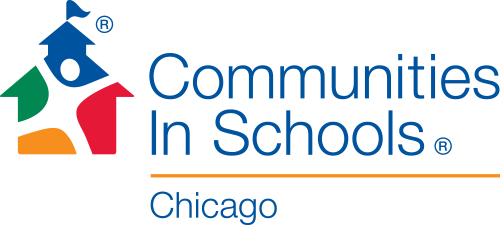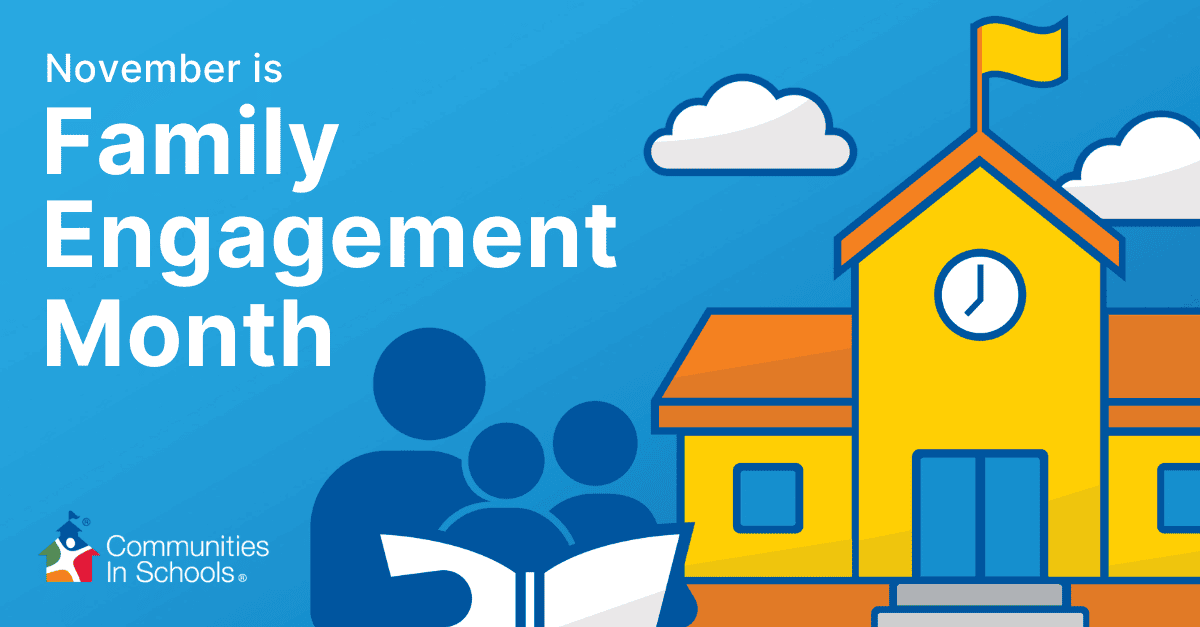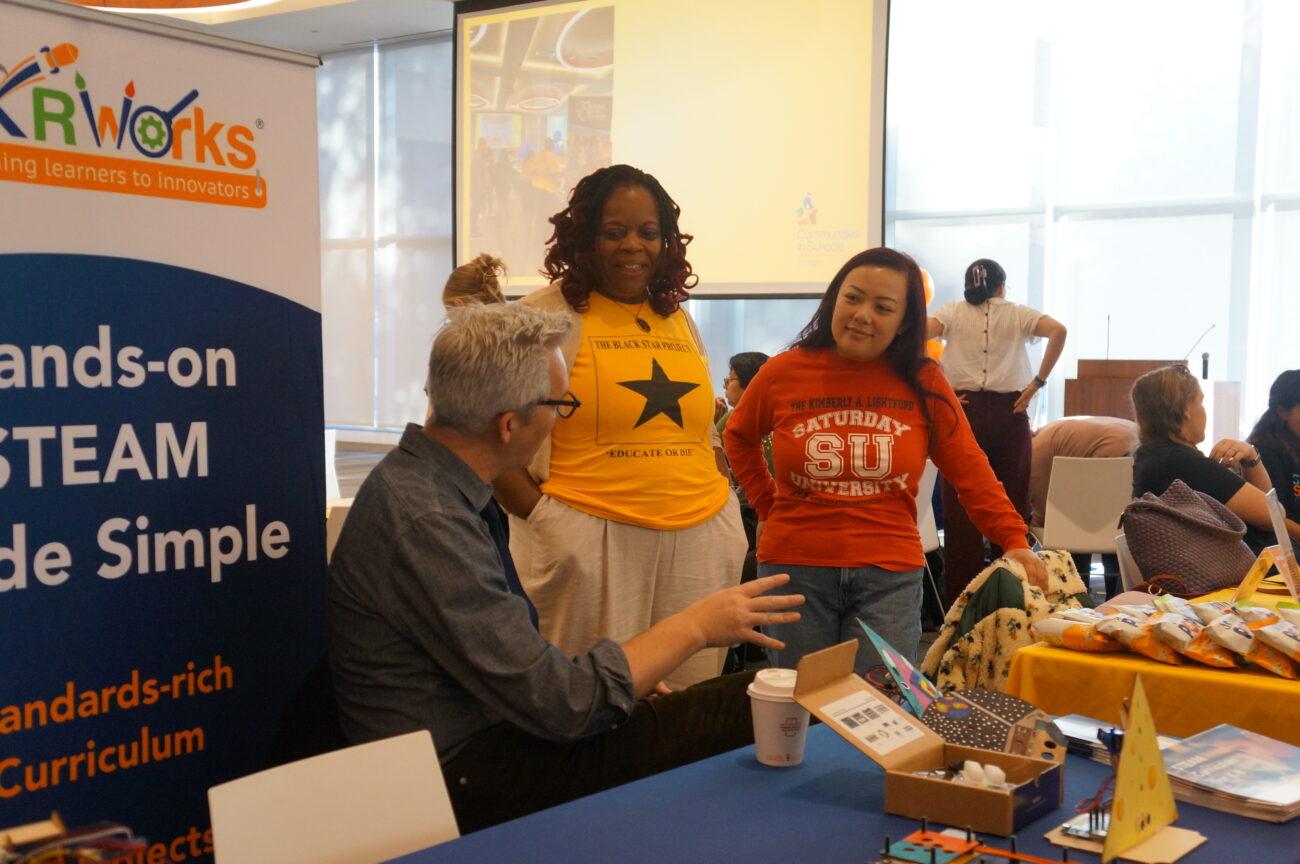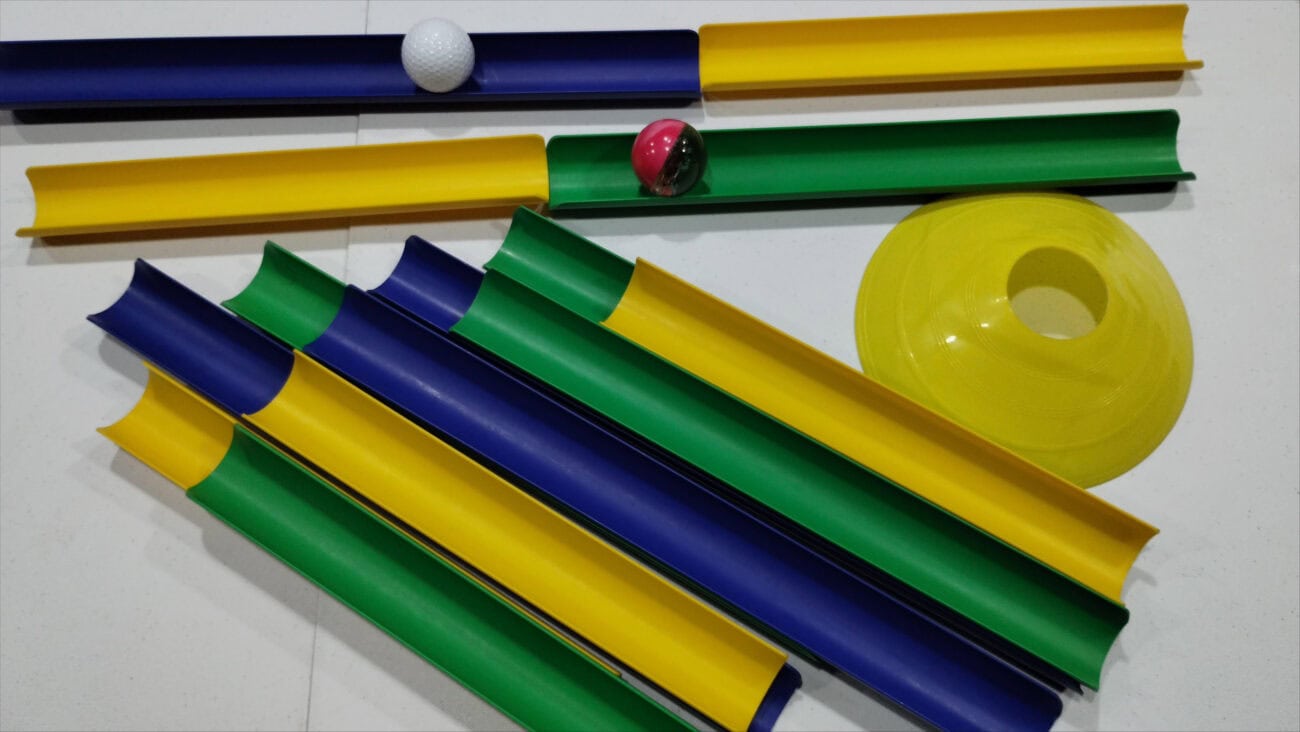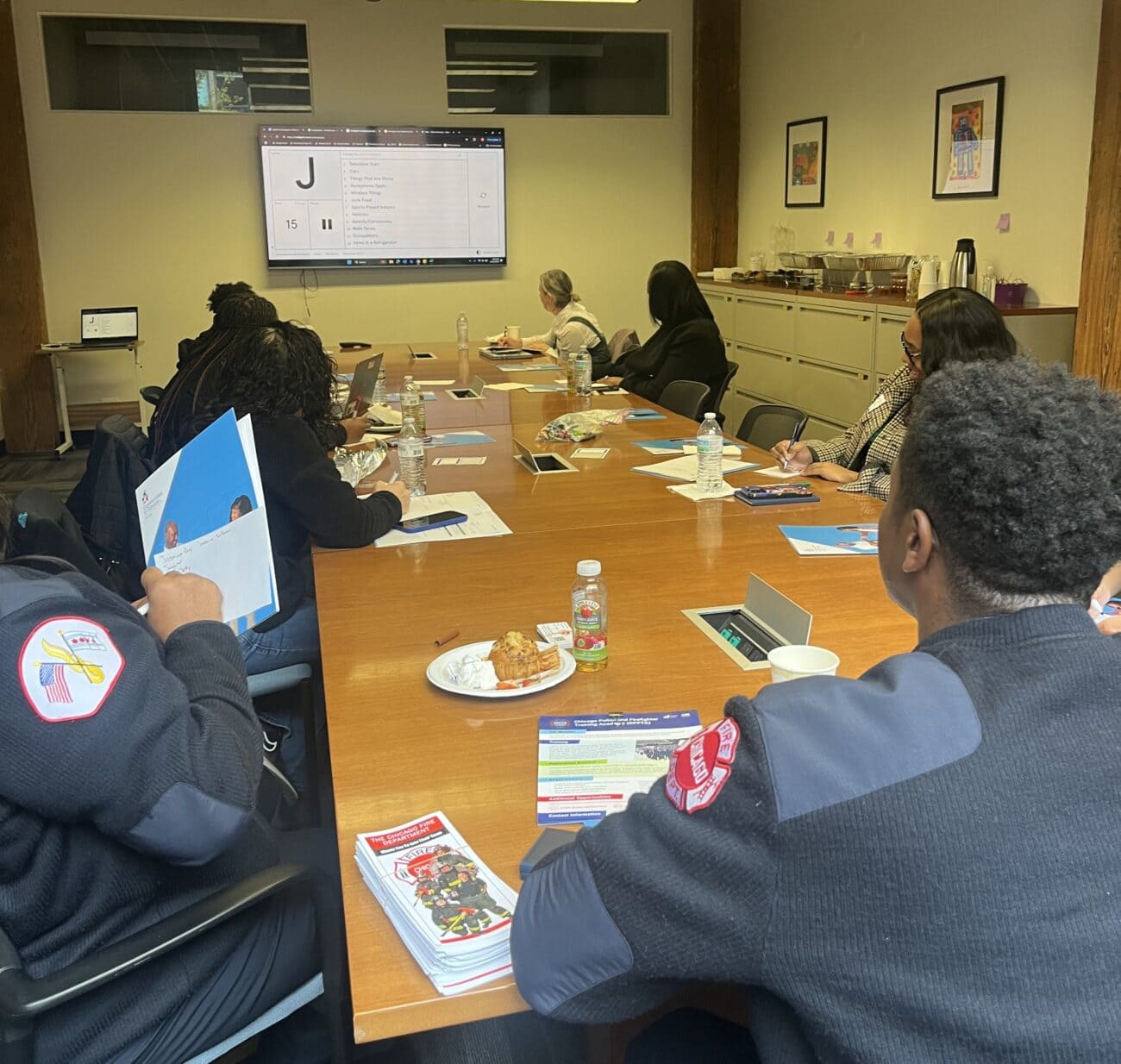Think back to a core memory from middle school or high school. Were your friends there?
Research has shown that friendships positively affect a young person’s experience at school. They provide emotional support, reduce stress, increase collaborative learning, and promote academic achievement. On the flip side, the lack of friendships – or friendships that have turned adversarial – can negatively affect a young person’s educational journey.
Building healthy relationships are a key skill that young people practice in the school building – and it’s a skill that our school-based team at Communities In Schools (CIS) of Chicago works to foster.
CIS’ Bethany Cooper-Nelson supports a caseload of nearly 50 high school students on the Southwest Side. She meets with students individually and in groups to discuss challenges they are facing and strategies they can use to meet their academic goals and support their mental, emotional, and physical well-being.
At the beginning of the school year, Bethany visited the lunchroom and noticed one student was not acting quite like herself. The student had been a part of one of Bethany’s groups and was excelling academically, but Bethany recognized at that moment she needed someone to talk to.
Bethany invited the student to her office to chat one-on-one. The student shared that some of her close friendships were causing her stress and hurt feelings. The student was questioning her own identity as a result, and her self-esteem was suffering.
Bethany helped the student practice ways to communicate her feelings, through one-on-one sessions and journaling. She also helped the student build her self-esteem. Over time, the student took some courageous steps and spoke with her friends about how she was feeling. After sharing her experiences with Bethany, the student revealed how refreshing and honest she felt.
“As a Students Supports Manager, my most important responsibility is to a build a relationship where the student has a safe space to lessen the burden of the stressors of school and beyond,” Bethany said. “In the case of this student, facilitating that space laid the foundation for this student to grow in the way she relates to herself and her peers.”
CIS’ Jeanette Rodriguez serves students at an elementary school on the Southwest Side. Like Bethany, she helps students develop social, emotional, and relational skills that contribute to their success in school.
This year, Jeanette has collaborated with her school’s Restorative Justice Coordinator to help facilitate conversations between students in conflict.
According to Jeanette, navigating conflict is a constant in the elementary school setting, whether it be arguments on social media, rumors running rampant, or dirty looks in the hallway, and in response, her school has created opportunities for young people to resolve conflicts peacefully.
For students on her caseload, Jeanette partners with the Restorative Justice Coordinator to host peace circles.
The first step is for students to agree to have a conversation about the incident. Then, the Restorative Justice Coordinator creates a safe space to guide the conversation and lets the students explain their perspectives, respectfully.
Before and after the peace circles, Jeanette checks in with her students, and she supports them as they find ways to repair their friendships or move on amicably.
According to Jeanette, the beauty of the peace circles is that they serve as a model for students, a place where they can see in real time how to have open and honest conversations that don’t devolve into arguments or aggression.
“Relationship building is at the center of all that I do,” Jeanette said. “Helping students learn and understand the importance of conflict resolution helps create a positive learning environment. It teaches students how to work through disagreements and uncomfortable conversations. And through this, students develop lifelong skills, such as healthy communication, empathy, and problem solving.”

